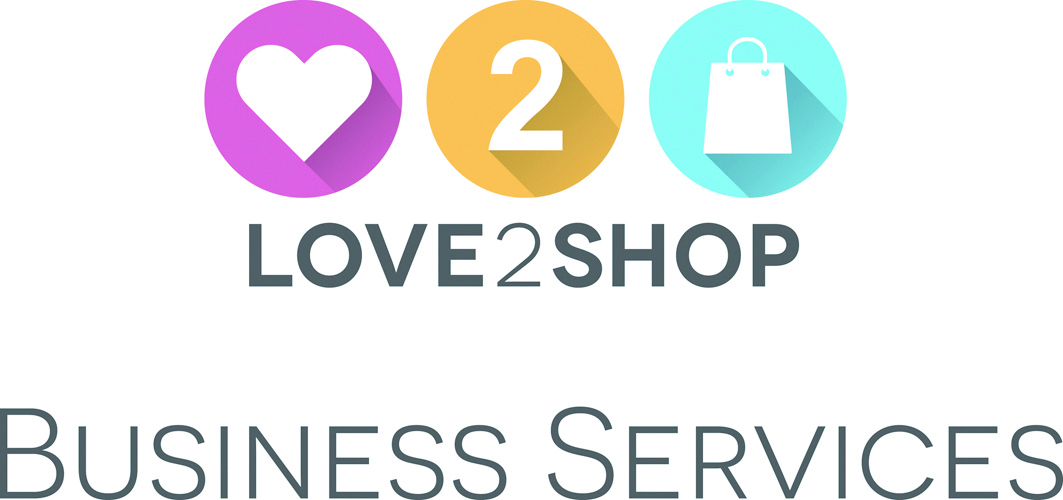By leveraging the power of human connection within an organisation, businesses can extend their reach, maximise their potential and increase employee satisfaction levels. Creating a working environment where employees are content and feel valued, will mean organisations can rely on them to be their biggest supporters. But where do organisations begin on this journey?
Digital transformation, digital people
Digital transformation is as much about people as it is about technology. Business leaders need to focus on becoming an organisation that uses data and technology to continuously evolve all aspects of the business model, including both internal communications and external marketing strategies. By doing so, organisations are able to modernise and adapt to markets that are often in constant flux.
It’s also the job of leaders within an organisation to inspire workforces to become active participants in every digital transformation effort. By including employees in the continuous evolution of the business, coupled with openly sharing the organisation’s vision, mission, beliefs and values, employees are offered the chance to take a personal interest in the organisation they work for.
However, companies need to ensure they have not only the right culture, but also suitable solutions in place to be able to harness the emotional investment paid by employees. Digitally mature organisations which focus on social as a key pillar of their digital transformation efforts (what we call being ‘socially mature’), are therefore often ideally placed to reap the rewards from employee advocates. Employees who live and breathe the organisation they work for fall into this advocacy camp, and are often the ones that will proudly fly the flag for that brand externally.
This is exactly what organisations need to truly resonate and connect with customers, rather than getting bogged down in a self-promotional echo chamber, an all too common trait of a socially immature organisation.
Download Hootsuite employee advocacy programme guide
How to implement a ‘social-first’ culture
Implementing a social-first culture should be at the top of every business leader’s to-do list. It’s simple, if a company is a good place to work, employees will want to talk about it. Active and engaged staff members on social media make the strongest allies for an organisation, conveying values and building a reputation as an employee-first brand. This is echoed by Edelman’s Trust Barometer from 2018, which found that content shared by employees, at every level of an organisation, gets eight times more engagement than corporate content, and is reshared 25 times more frequently. Social media allows users to connect to the whole world in seconds, with one post having the ability to reach thousands in very little time.
Growth, customer engagement and attracting talent can also be harnessed through the correct use of social. Highlighting company beliefs and values, the mission and cultural aspects are all ways of networking, connecting with potential new clients and partners, and engaging prospective employees. Social also acts as more than a channel, it’s a platform which connects the different departments within an organisation, and therefore another key driver of digital transformation. From an internal communication perspective too, if ringfenced properly, social can become a brand safe environment for corporate messaging to reach all employees, from the C-suite to customer facing staff. In HR too, social can also be used to retain and attract talent and manage employee branding. When it comes to marketing, social allows organisations to leverage its own employees, by actively encouraging them to support marketing content and extend the reach of campaigns.
Leading by example
An organisation that has seen great success from revamping its social strategy is Melia Hotels International. With more than 380 hotels across 43 countries, Melia is one of the largest hotel resort chains in the world. With such a vast network of staff, the organisation recognised what a valuable asset they could become in incorporating social as a key element of its digital transformation strategy. Melia had a clear goal — to become the hotel chain with the greatest influence across social, and it was confident that it was its people that would help it achieve just this.
Recognising its employees as valuable in this way immediately set Melia apart from its competition, the hotel chain set out to create a programme that would make its staff the strongest advocates when it came to highlighting the brand’s reputation as a people-first organisation. The group launched an employee advocacy initiative and an ambassador programme, which along with Hootsuite’s Amplify solution, drove more than 142 million impressions on social in 2018, attributed to over 61,000 posts shared by company ambassadors. This also resulted in a significant increase in the number of applications received per job posting, as the perception of the chain shifted from great, to class-leading.
Humanising brands to resonate with customers
Employees make brands more human. They allow consumers to put a face to the name, making them more relatable. Consumers trust friends and family on social media, so why aren’t brands making the most of this and encouraging employees to positively promote them on social? By incorporating a social first culture, underpinned by the right social management technology into a digital transformation strategy, organisations will see the benefits of engaged, passionate employees. And, you can guarantee the organisations that don’t will soon be left behind. Being social is the future of business, and it’s time to embrace it.
Learn more about how Hootsuite can help your organisation tap into the power of employee advocacy.
Rob Coyne is general manager EMEA at Hootsuite














